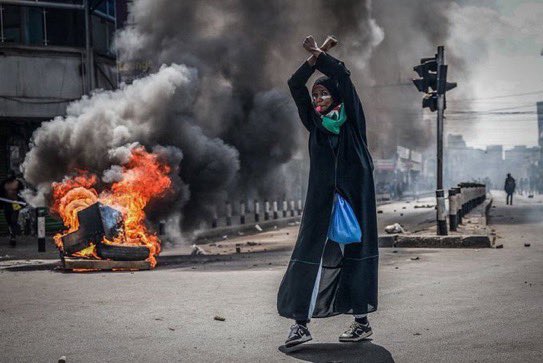The future of the global internet is becoming increasingly uncertain as digital spaces face rising censorship, manipulation, and repression. According to Freedom on the Net 2025, global internet freedom has now declined for the 15th consecutive year, reflecting a world where digital repression is becoming more sophisticated and widespread. Of the 72 countries assessed, conditions worsened in 28, while only 17 registered any improvement. This slow erosion of online freedom marks a dramatic shift from the early optimism that defined the internet age.
When the Freedom on the Net project began in 2011, many believed the internet had the power to expand civic participation and empower citizen movements. The Arab Spring and Iran’s Green Movement demonstrated how digital platforms could mobilize the public and disrupt entrenched political systems. Yet, as quickly as the internet opened possibilities for democratic engagement, governments also began developing tools to silence critics, shape narratives, and manipulate public discourse. Fifteen years later, those tactics have matured into an architecture of digital control.
Kenya’s Sharp Decline
Kenya experienced the most severe decline of all countries assessed in the 2025 report. The deterioration followed the government’s response to nationwide protests in June 2024, when the state shut down internet connectivity for nearly seven hours, disrupting communication for millions. During the same period, authorities arrested hundreds of protesters, many of whom had used digital platforms to organize peacefully.
Kenya’s decline is particularly striking given its historically active and open digital environment. The country has one of the highest internet penetration rates in Africa, with over 32.7 million active internet users and a penetration level of approximately 65%. Mobile connectivity remains dominant, with over 47 million mobile data subscriptions, reflecting how deeply the digital space is integrated into civic engagement, commerce, and daily life.
The 2024 shutdown marked Kenya’s first major nationwide disruption, raising concerns about the precedent it sets for future political events, particularly protests and elections. It also revealed how fragile digital freedoms can be, even in countries long considered regional technology leaders.
Global Patterns of Digital Repression
Kenya was not alone. The year’s second-largest declines were recorded in Venezuela and Georgia, where government pressure on civil society and the media intensified. Even among countries classified as “Free,” half suffered score declines, including Germany and the United States. In Germany, authorities pursued criminal cases against individuals who criticized politicians online, while far-right extremism fueled self-censorship. In the U.S, restrictions on civic space and the detention of foreign nationals for nonviolent online expression raised alarm.
At the extreme end, China and Myanmar remain the world’s most repressive environments for online freedom. Conversely, Iceland continues to be the freest, followed by Estonia countries that have maintained robust safeguards for digital rights.
Information Manipulation and the Rise of AI
One of the most troubling trends is the rapid growth of information manipulation. Of the 21 indicators in the report, this one has experienced the most consistent decline over the past 15 years. Governments and powerful actors are increasingly influencing online spaces through paid commenters, fake news outlets designed to mimic legitimate sources, coordinated propaganda networks, and AI-generated content that blurs the line between truth and deception.
Technology, Regulation, and the Uncertain Future
The future of internet freedom hinges on how governments choose to regulate emerging technologies. Many states are investing heavily in domestic AI systems, raising concerns about surveillance, censorship, and manipulation in environments lacking strong privacy protections. In parallel, the expansion of satellite internet services bringing connectivity to rural and conflict-affected regions exposes providers to new forms of political pressure from governments seeking control over digital infrastructure.
Online anonymity, long considered essential for free expression, is also facing a crisis as countries move toward mandatory identity verification on certain platforms. While some policymakers frame this as a means to protect children, such requirements risk opening doors to extensive monitoring of legitimate online expression.
From the trends it’s clear that internet is becoming more controlled, more manipulated, and less free. The next few years will determine whether digital spaces evolve toward greater openness or further entrenchment of authoritarian influence. For countries like Kenya where digital platforms remain central to political participation the battle for internet freedom is far from over.
